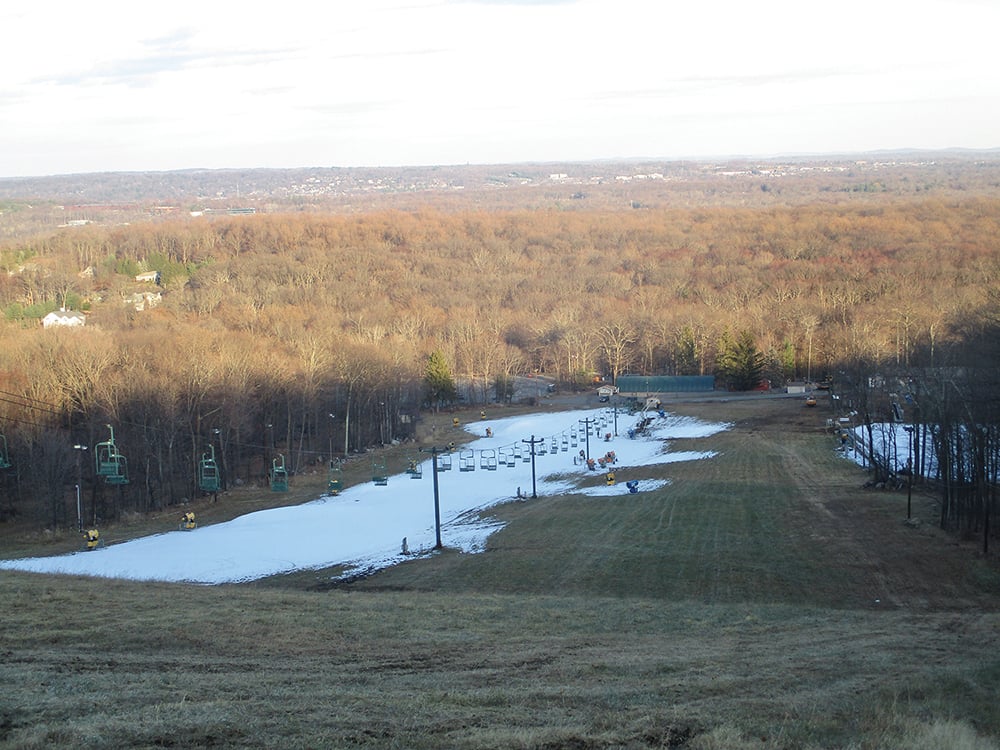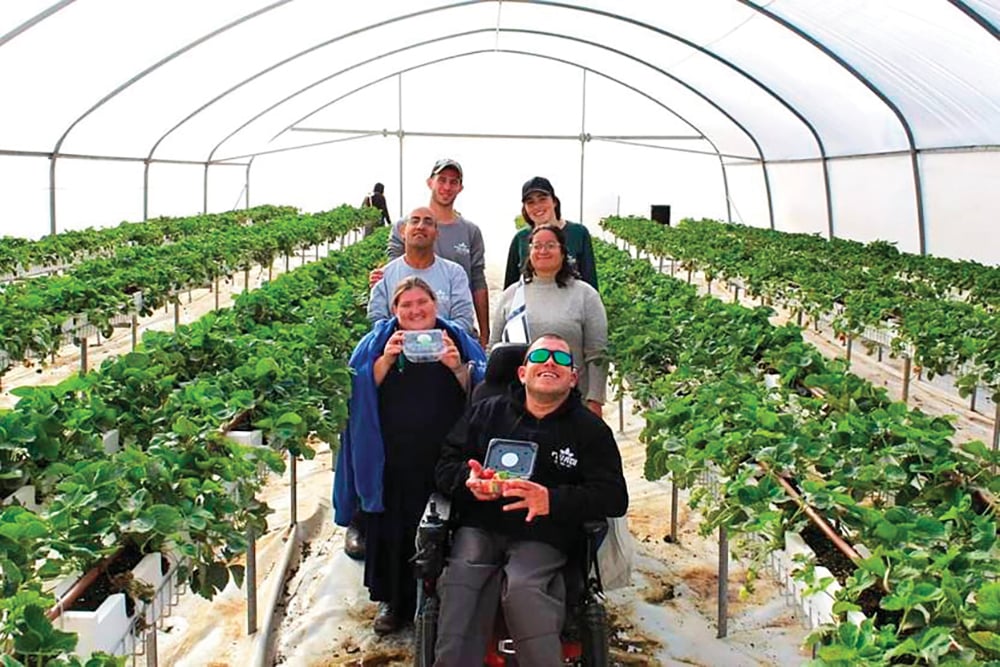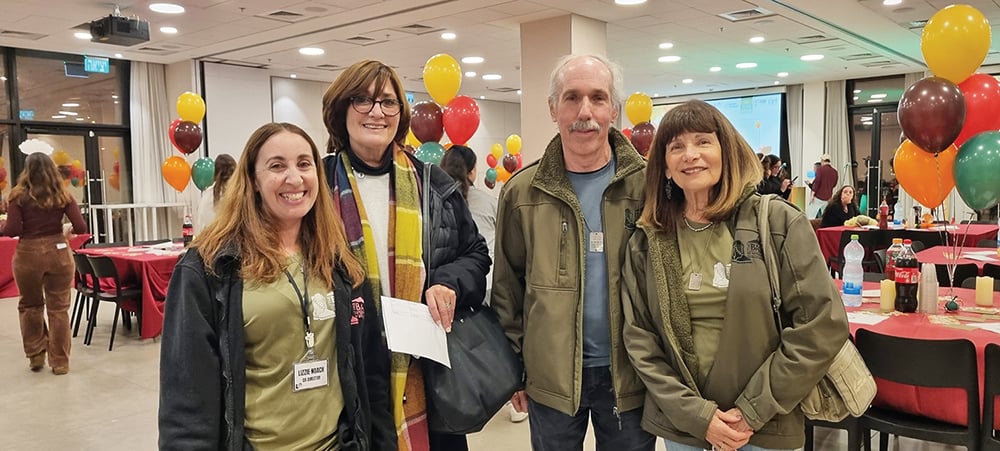Rav Yechezkel Levenstein, zt”l, the famed mashgiach of Yeshivas Mir, was a paradigm of mussar, avodas Hashem, emunah and bitachon. A man of great spiritual intensity and religious fervor, “Reb Chatzkel” was also known to have a serious disposition and stern demeanor. One morning, the talmidim noticed that Reb Chatzkel seemed uncharacteristically jovial and his face shone with a big smile. One student timidly inquired, “How is the Rav feeling today?”
The Mashgiach nodded kindly in response and turned to the students. “Listen carefully,” he sighed. “Let me tell you a story. Before the war, in Lithuania—and later, too, when we were refugees in Shanghai, China—we were all so poor. My small salary from the yeshiva was often late in coming. My wife and I would daven every day for our sustenance, and we truly relied on the Ribbono Shel Olam for every piece of bread on our table.
“Since coming to Eretz Yisrael and joining the Ponovezh Yeshivah, things have changed. I have been working for Rav Kahaneman, who travels the world fundraising, and he always pays our salaries on time and in full. I confess, I didn’t realize it, but my davenning has changed a little over the years.
“Just this morning, we received word that the yeshivah has hit some hard times and that our salaries will be delayed.” The Mashgiach then beamed and lifted his hands as if dancing for joy. “For the first time in a long while, today’s davening reflected the level of bitachon that I had previously felt! What simcha it is to rely only on Hashem and know that everything is in His hands!”
***Immediately following the awesome miracles and salvation revealed at the Yam Suf, Am Yisrael traveled to Marah and began their desert sojourn. Faced with the realities of desert life and having no means of survival, they turned to Hashem and asked desperately for water and food. However, they did not just request sustenance, for the Torah records a litany of embarrassing complaints:
“If only we had died by the hand of Hashem in the land of Egypt when we sat by pots of meat, when we ate bread to our fill! For You have brought us out into this desert to starve this entire congregation to death…” (Shemot 16:3).
The intense chutzpah of this proclamation is jarring, and even more so considering that they had just witnessed God’s yad chazakah, “strong arm,” and miraculous salvations.
“We remember the fish we ate for free in Mitzrayim,” they kvetched, “and the cucumbers, melons, leeks, onions and garlic…” (Bamidbar 11:5). However good the Egyptian salad bar might have been, we all sense that their yearning to return to captivity was a bit much.
The students of the Baal Shem Tov understand this irrational, backward pull toward the “comforts” of exile as the flipside of our deeper desire to be redeemed: an unrealized yearning to rely solely on Hashem.
In response to their cries, in the very next pasuk, Hashem assures Moshe: “Behold! I am going to rain down for you bread from Heaven, and the people shall go out and gather what is needed for the day, so that I can test them הֲיֵלֵךְ בְּתוֹרָתִי אִם־לֹא—whether or not they will follow My teaching” (16:4).
In facing the unknown each morning there is a renewed challenge and, in this, an opportunity. We are called to check our spiritual vitals, to take our bitachon pulse.
The daily portion of mahn that fell was tailor-made for that day’s needs. They were not given a pension plan or long-term investment account to save for a rainy day. Whether they gathered a lot or a little, the portion they received was actually enough. This new and unknown Divine system was a challenge for the Jews who, for generations, had known a different reality: they had worked hard and were fed. Therefore, in beholding their bread from Heaven, they asked, “Mahn hu? What is this?”
As a people, when we embarked on a new life of independence and freedom, we temporarily fell into misplaced and unhealthy nostalgia for the “good old days” of slavery. It was as if we had forgotten not only the miracles, but also the preceding 200 years of abusive slave labor and mass murder. This is how deeply human beings desire certainty, predictability and security. A slave is defined by a lack of choice, and there is an ironic sense of stability in being choicelessly controlled and corralled like lambs. In being liberated, however, this predictability is necessarily sacrificed.
Even as we enjoyed the blessings and sustenance that Hashem rained down on us, we struggled with the lack of linear causality and structure, and complained. This showed that we were not yet completely free. Real freedom blossoms in self-reliance, built upon the foundations of faith and trust in Hashem. The mahn falling in the desert helped us cultivate this faith and indepence.
***In response to a challenge by his holy talmidim as to why the mahn fell daily, and not once a year to take care of our needs in one shot, Rabi Shimon bar Yochai shared a mashal:
וְלֹא הָיָה מַקְבִּיל פְּנֵי אָבִיו אֶלָּא פַּעַם אַחַת בַּשָּׁנָה. עָמַד וּפָסַק מְזוֹנוֹתָיו בְּכל יוֹם, וְהָיָה מַקְבִּיל פְּנֵי אָבִיו כּל יוֹם.
A prince would go and makbil pnei aviv, greet his father, the king, only once a year. Upon realizing that his son only came when it was time for him to receive his sustenance, the king began to distribute his allowance every day.
אַף יִשְׂרָאֵל…שֶׁמָּא לֹא יֵרֵד מָן לְמָחָר, וְנִמְצְאוּ כּוּלָּן מֵתִים בָּרָעָב, נִמְצְאוּ כּוּלָּן מְכַוְּונִים אֶת לִבָּם לַאֲבִיהֶן שֶׁבַּשָּׁמַיִם.
So too, it was with the Jewish people… They would be worried and say, “Perhaps the mahn will not fall tomorrow and we will all die of starvation.” Consequently, everyone directed their hearts to their Father in Heaven every day (Yoma, 76a).
The Gemara concludes that the mahn that fell each day was sufficient only for that day, so that all would continuously daven for sustenance and remain connected and aware of Hashem.
This week many people will perform a segulah for parnasah by reciting the portion of Parshat haMahn from our sedrah. Some have the custom of adding Parshat haMahn after davening each morning throughout the year. Whether we do this or not, may we “follow Hashem’s teaching” and be in a constant state of makbil pnei Avinu, seeing and being seen by the Ribbono Shel Olam, sustained by Divine blessing and bounty in every facet of our lives, in the great joy of bitachon.
…And may Hashem “make it rain” for us every day!
Rav Judah Mischel is executive director of Camp HASC, the Hebrew Academy for Special Children. He is the mashpia of OU-NCSY, founder of Tzama Nafshi and the author of “Baderech: Along the Path of Teshuva.” Rav Judah lives in Ramat Beit Shemesh with his wife Ora and their family.













